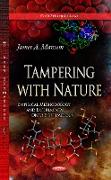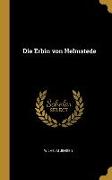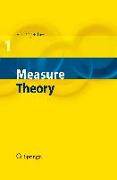Tampering with Nature
BücherAngebote / Angebote:
After the historiographic revolution in science studies of the 1960's, philosophers began to envision science as a product of historical and sociological forces and not as the result of the "scientific method." While the importance of experimentation is recognised in recent science studies, the full significance for its role in scientific practice generally remains overlooked. Therefore, attempts to reconstruct narratives of scientific practice are often incomplete. In this book, the author proposes onto-epistemological roles for experimentation in terms of an empirical methodology, for analysing experiments in scientific practice. These case studies provide a tangible framework for engaging in a series of philosophical reflections on the onto-epistemological roles of experimentation for an empirical methodology. From the analysis of the reconstruction of this historical narrative, the author identifies several characteristics of experimentation -- controllability, reproducibility, plasticity, and fecundity -- that are important for understanding how scientific practice leads to the discovery of novel entities within the natural world and ultimately to the growth of scientific knowledge and scientific progress. In addition, the notion of horizon for scientific practice, representing particularly the experimental and theoretical limits within which scientists ply their trade, is introduced to facilitate the analysis of scientific discovery. And the notion of progressive horizon, in which the practice of scientists intersects dynamically with "the way nature is", is also introduced to analyse scientific progress. That mediation represents a "tampering" with the natural world, in which the measure of a natural phenomenon is taken through experimental activity.
Folgt in ca. 10 Arbeitstagen




